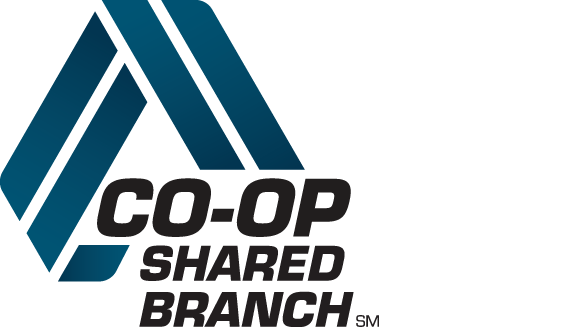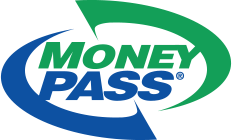Understanding Dormant and Escheatment Accounts
At TopMark, we understand that accounts may go unused for many different reasons. You may have moved, simply forgotten you have an account with us, or maybe a family member had opened an account for you and you had no idea. While we hope you continue to use our services, we want you to be aware of how your TopMark account can go dormant. Keep reading for more information on dormant accounts.
What Is a Dormant Account?
To become dormant, the owner of an account must not have initiated any activity for a specific period of time. An activity can include making a withdrawal or deposit. Periodic interest or dividends that are posted to the account automatically are not considered to be activity.
At TopMark, a share account that has not had a member-initiated transaction performed in the past
24-months is considered to be a dormant account. Remember, system-generated activities like certificate renewals or the posting of dividends don’t count. A “transaction” is an activity initiated by the member such as a payment, deposit, or withdrawal. After no member-initiated activity for 24-months, the account will be subject to TopMark’s inactive account fee of $5.00, which will be charged every three-months.
TopMark accounts that can become dormant include: Primary Savings, Primary Checking, Holiday Savings, Money Markets, Share Certificates (CDs) and IRA Share Accounts. IRA’s which are not yet in the mandatory distribution period are exempt from escheatment.
Financial institutions with dormant accounts are usually required to make efforts—such as sending reminders and issuing notices—to locate the owners of these assets. If attempts to contact are unsuccessful, account funds must be turned over to the government through escheatment.
What is Escheatment?
Escheat refers to the right of a government to take ownership of estate assets or unclaimed property. Escheatment state laws require financial institutions to transfer unclaimed property from dormant accounts to the general fund of a state for safekeeping. The state then takes over record-keeping and the returning of lost or forgotten property to owners or their heirs if the owner has passed away. The main intent behind these rules is to reduce the risk of fraudulent transactions in what are essentially ignored savings accounts.
Each state has its own rules and regulations governing escheat rights. At TopMark, share accounts that have been dormant for a certain period of time are transferred to the State of Ohio.
The Credit Union will make necessary attempts to contact dormant accounts before the funds are escheated. This makes it essential to have updated addresses and phone numbers on your account(s). The good news is a statute of limitations does not usually apply to dormant accounts, meaning the owner may demand funds at any time.
How to Reclaim Property
Owners can gain back unclaimed property by filing an application with their state at no cost or for a nominal handling fee. Unfortunately, the Credit Union cannot assist members in reclaiming escheated accounts. Each state has its own requirements for finding and claiming unclaimed property. Members must work with their state directly to reclaim their funds.
If you believe you have unclaimed property, the state will require you to send them information about yourself to verify your ownership of the unclaimed property. After verifying your ownership, the state will either mail you a claim form or permit you to fill out the form online and print it for submission to the state.
What Can You Do to Prevent a Dormant Account?
- Keep your accounts active by making at least one deposit, or withdrawal from your account per year;
- Set up a Direct Deposit;
- Use your Debit Card
- Promptly cash all checks received;
- Inform a family member, attorney, or trusted friend of the whereabouts of personal financial records.
We value your membership and encourage you to take advantage of the many services TopMark can provide you.
If you have any questions about the dormant or escheatment account process, please do not hesitate to contact us at 419.223.5886.





